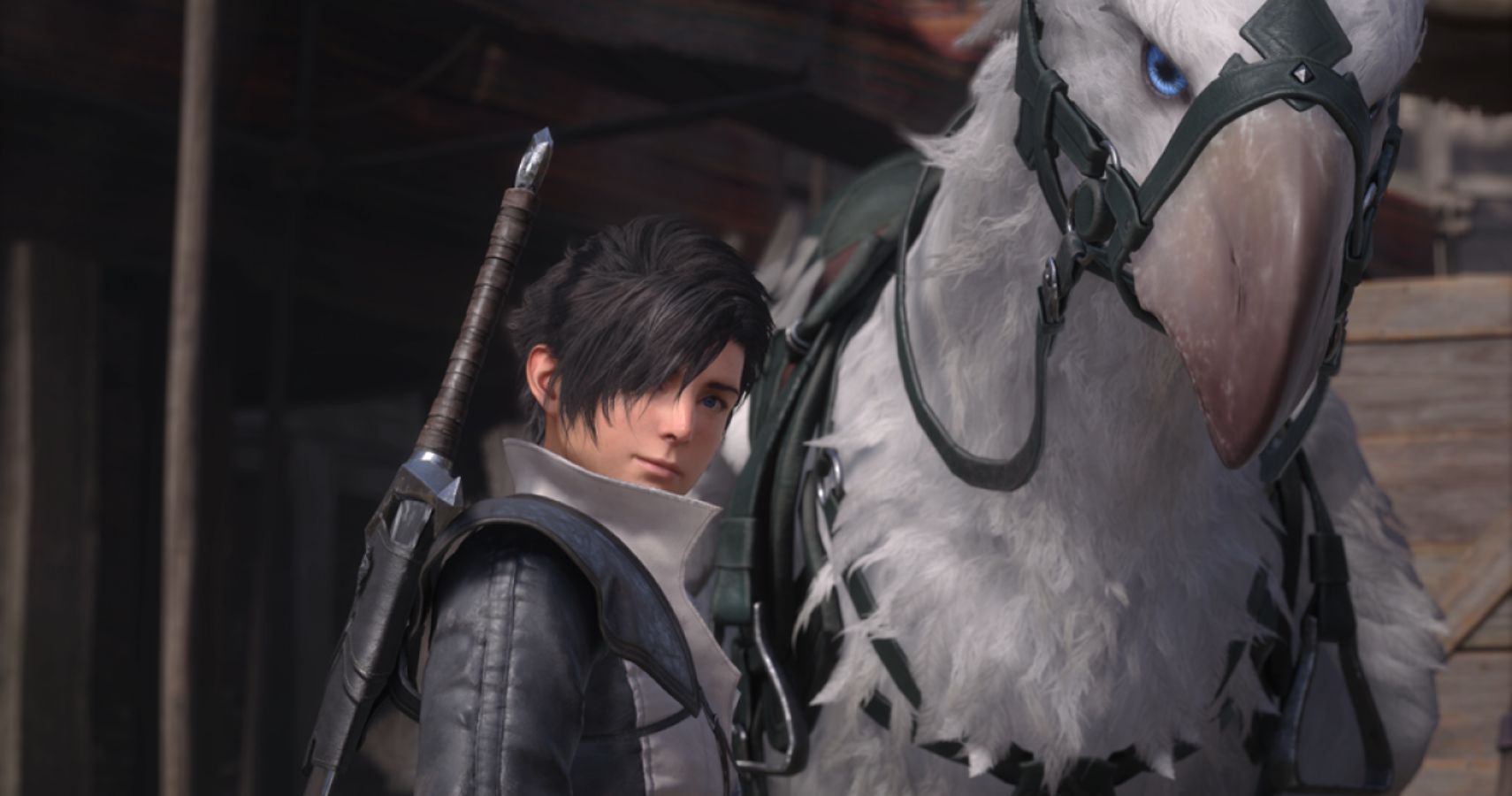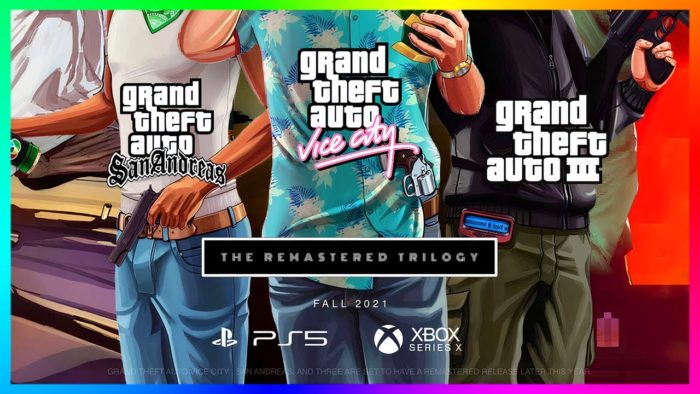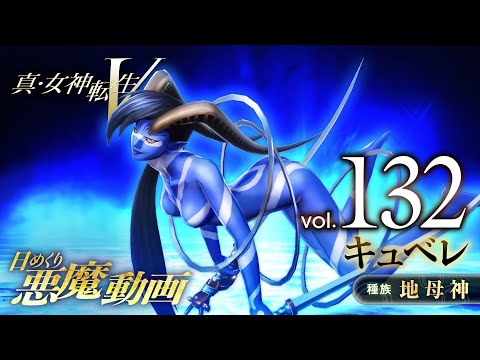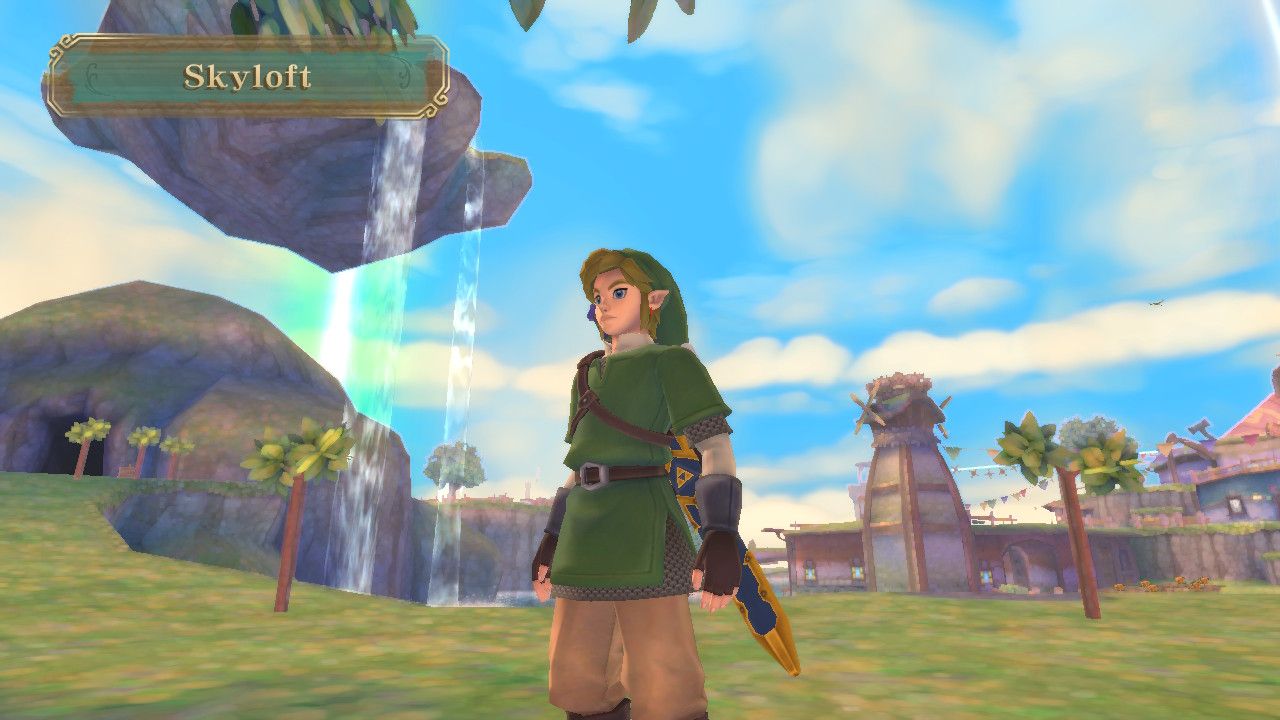
I often have a hard time investing in Western fantasy. Game of Thrones and The Witcher 3 had me smitten like millions of others, but when it comes to Dragon Age, Lord of the Rings, and other similar epics, I often find myself chipping away at these experiences as I struggle to find the true value offered by them. The LOTR trilogy is brilliant, and I can appreciate why so many of my friends adore BioWare’s franchise, but so much of it just isn’t for me, and I’ve made my peace with that.
Japanese RPGs have always been my poison of choice, partly because I spent all of my formative years absorbed by them, and thus so many of the games, films, and media I find myself enamoured by as an adult fall along the same lines. Because of this, Final Fantasy 16 presents itself as somewhat of an anomaly. Acting as the next main entry in Square Enix’s beloved property, it is being helmed by beloved creatives Naoki Yoshida and Hiroshi Takai. These names alone are enough to turn the heads of series’ faithful, but once you take a glimpse at the debut trailer, it is clear that Final Fantasy isn’t what it used to be.
Related: I'm Not Ready For Rebuild Of Evangelion To End
While a number of established motifs like crystals, competing kingdoms, and dreamy anime boys are present and accounted for, the surrounding world and mythos of Final Fantasy 16 feels drenched in Western influence. It’s no surprise, especially given the global impact of The Witcher and Game of Thrones in recent years. Japanese audiences don’t exist within a vacuum, and are absorbing pieces of media from around the world just like we are. As a result, it was only a matter of time until some of the biggest fantasy properties in existence began to impact Final Fantasy. I mean this in a positive way, since the edgier tone and gruesome approach to storytelling being adopted by Final Fantasy 16 seems to be doing everything right.
Established families bicker amongst each other in the trailer, trading mythical terms back and forth as discussion of otherworldly beings begin to surface while we’re offered glimpses of Titan and Shiva doing battle. The stakes are immediately shown, with the relationships between various kingdoms cementing this world as one worth investing in, even if many of its finer points still remain a mystery. Much like Game of Thrones, even the smallest lines of dialogue appear to carry weight, hinting at an interconnected web of personal and political motivations that will ultimately surface in the full game. The people in this world don’t seem to fully comprehend the powers at their disposal, with Clive, our main protagonist, embarking on a quest for revenge after something tragic befalls his younger sibling. The true circumstances behind the full adventure remain unclear, but the allure remains, and it’s important not to mistake this intrigue for confusion.
Final Fantasy 15 suffered from a fractured narrative, one that was carried by the chemistry between its four main characters. The overall arc of Noctis and company’s journey was downright mediocre, drenched in a wider world that never felt convincing, with a lack of character development and shoehorned melodrama causing many of its more harrowing moments to come across as laughable. I still enjoy this game, but it’s one of the weakest in franchise history when it comes to story, and likely a consequence of its messy development cycle. By comparison, Final Fantasy 16 needs to build a more cohesive world, one that feels defined by its own history and is expansive enough to feel like a real place, and one where these various kingdoms have existed for centuries.
FF16 appears to have corrected this mistake, with everything we’ve seen of it so far concerned with building a world that feels genuine, and whose characters are fighting for something we can immediately understand and believe in. The hero’s journey has been established, and we’re ready and willing to go along for the ride. This is all a solid JRPG needs to succeed, with the finer details there to turn a decent game into a fantastic one. Game of Thrones and The Witcher excelled because their characters felt like they existed in a landscape that had long persisted without them. We merely arrived to view a snapshot of its history, partaking in stories that are little more than a footnote in the annals of time. Final Fantasy 16 echoes this idea, and I hope it commits to crafting a realm where our story is both the main focus and a miniscule mark on a tapestry filled with far grander tales.

Final Fantasy 16 wouldn’t be the first time Square Enix has adopted trends from western media, and given Naoki Yoshida’s involvement with the project, such an approach isn’t too surprising either. Prior to A Realm Reborn transforming the game into a massive success, Final Fantasy 14 Online was a painfully archaic MMORPG, one that failed to recognise the advancements made in the genre by World of Warcraft and similar games. When Yoshida-san joined the team, he threw away fanciful graphics in favour of practical innovation, aping many of the steps forward taken by Blizzard Entertainment.
As a result, Final Fantasy 14 shined far brighter than before, all because he wasn’t afraid to admit the project’s mistakes and build upon them from the right sources. If Final Fantasy 16 can follow in similar footsteps, it could finally see the series return to its glory days and push for something even more ambitious. Just don’t copy the ending of Thrones and you’ll be fine.



